WASHINGTON (Reuters) - U.S. President Donald Trump on Wednesday repeated his threat to use military force if Iran did not agree to end its nuclear program, saying Israel would play a key role in any military action.
Trump said Iran could not be allowed to have a nuclear weapon and if it declined to stop development efforts, military action could follow.
"I'm not asking for much ... but they can't have a nuclear weapon," Trump told reporters after signing several executive orders in the Oval Office.
"If it requires military, we're going to have military. Israel will, obviously, be ... the leader of that. No one leads us. We do what we want."
He declined to address when any military action could begin.
"I don't want to be specific. But when you start talks, you know if they're going along well or not. And I would say the conclusion would be when I think they're not going along well," Trump said.
Trump on Monday made a surprise announcement that the United States and Iran were poised to begin direct talks on Tehran's nuclear program on Saturday, warning that Iran would be in "great danger" if the talks were unsuccessful.
Iran, which had pushed against Trump's demands in recent weeks, said indirect talks would be held in Oman, underscoring the differences between the two countries.
On Tuesday, Iran's state media said the talks would be led by Iran's Foreign Minister Abbas Araqchi and U.S. Presidential Envoy Steve Witkoff, with the intermediation of Oman's foreign minister, Badr al-Busaidi.
The U.S. and Iran held indirect talks during former President Joe Biden's term but they made little if any progress. The last known direct negotiations between the two governments were under then-President Barack Obama, who spearheaded the 2015 international nuclear deal that Trump later abandoned.
During his 2017-2021 term, Trump withdrew the U.S. from the 2015 deal between Iran and world powers designed to curb Iran's sensitive nuclear work in exchange for sanctions relief. Trump also reimposed sweeping U.S. sanctions.
Since then, Iran has far surpassed that deal's limits on uranium enrichment.
Western powers accuse Iran of having a clandestine agenda to develop nuclear weapons capability by enriching uranium to a high level of fissile purity, above what they say is justifiable for a civilian atomic energy program.
Tehran says its nuclear program is wholly for civilian energy purposes.
(Reporting by Andrea Shalal; Editing by Chris Reese and Alistair Bell)

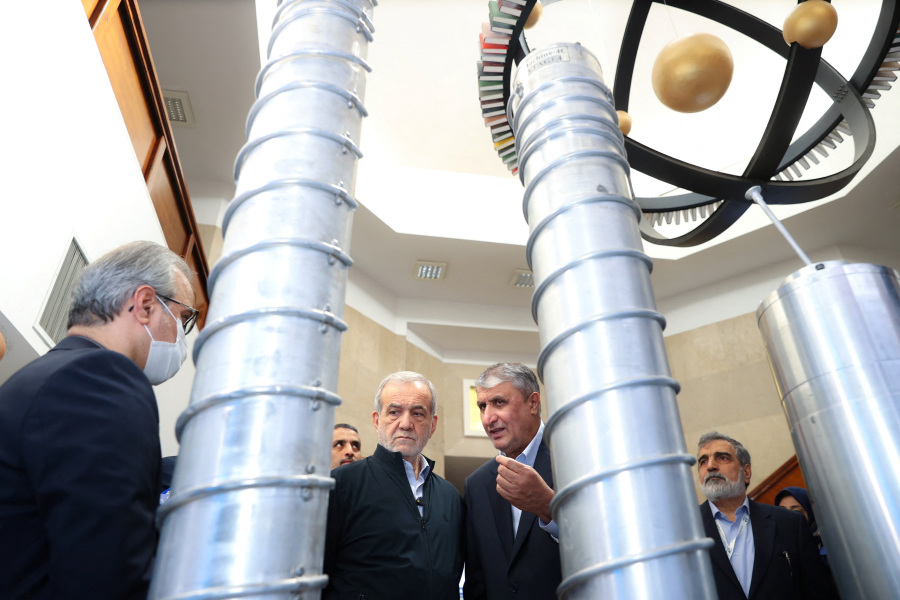
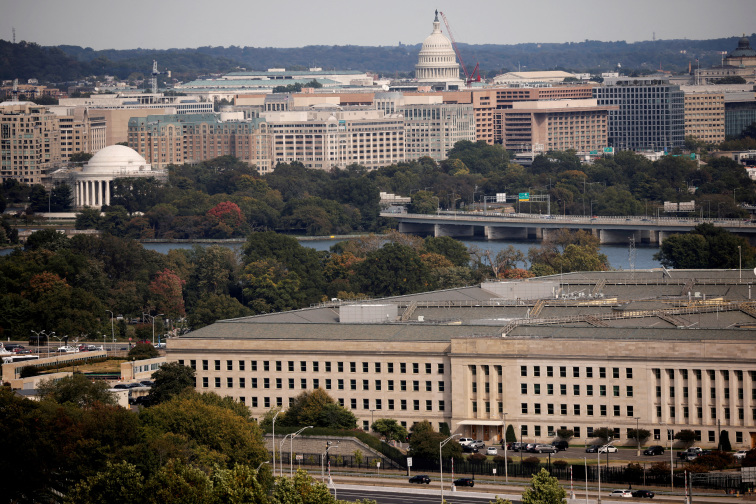
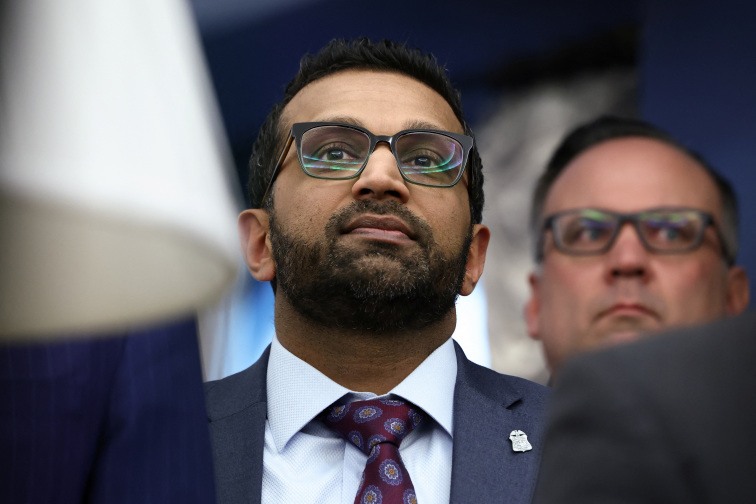
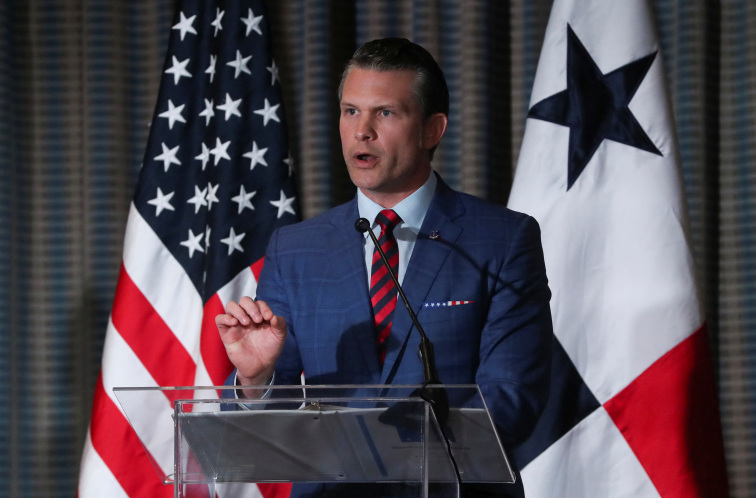

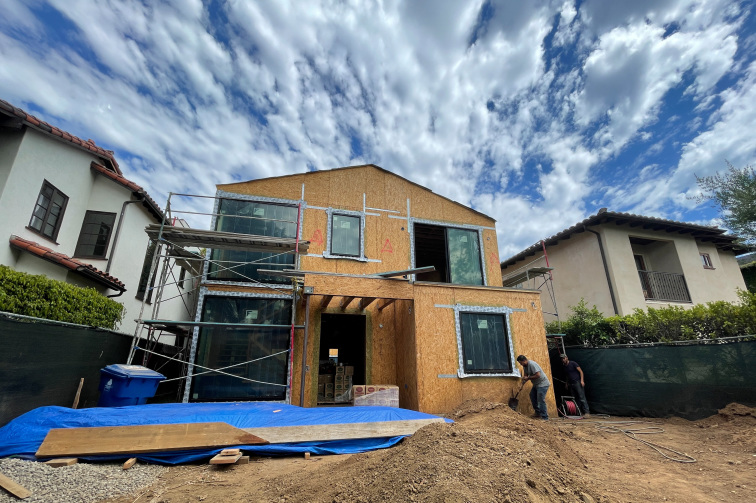

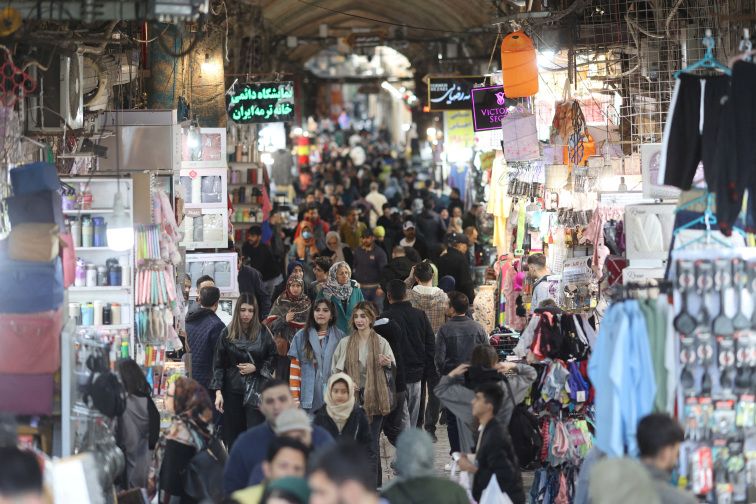

News magazine bootstrap themes!
I like this themes, fast loading and look profesional
Thank you Carlos!
You're welcome!
Please support me with give positive rating!
Yes Sure!